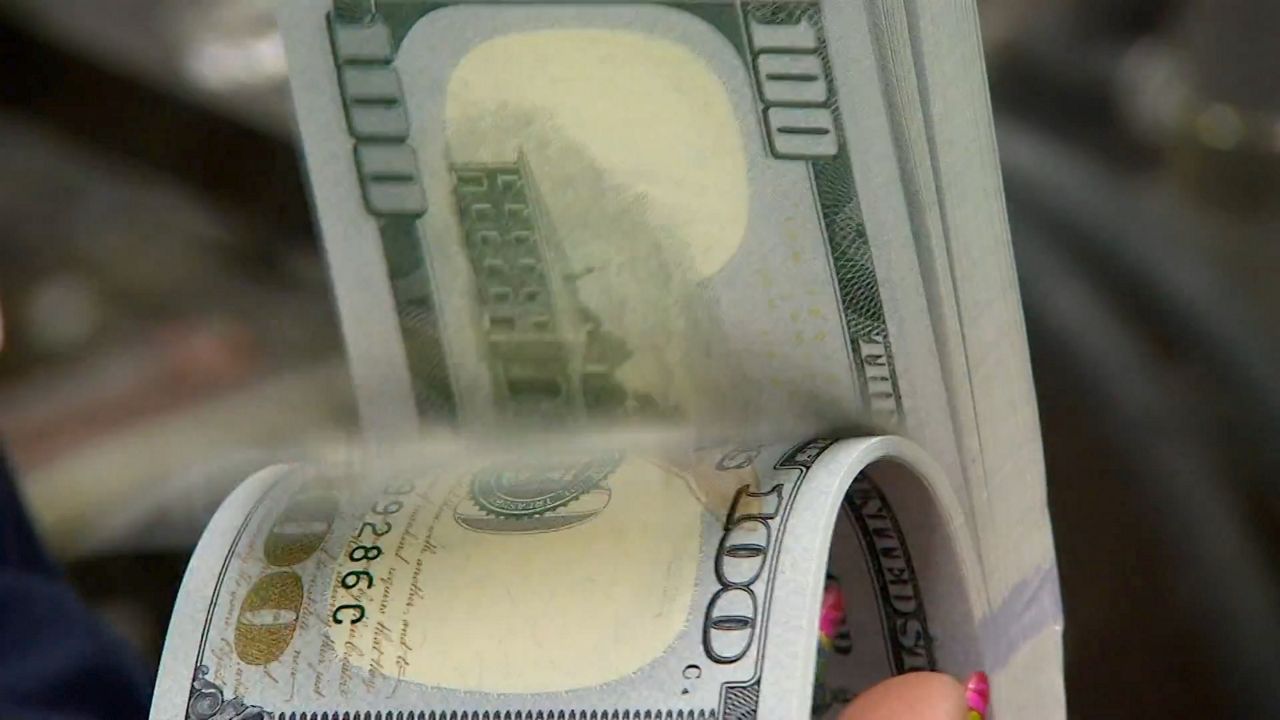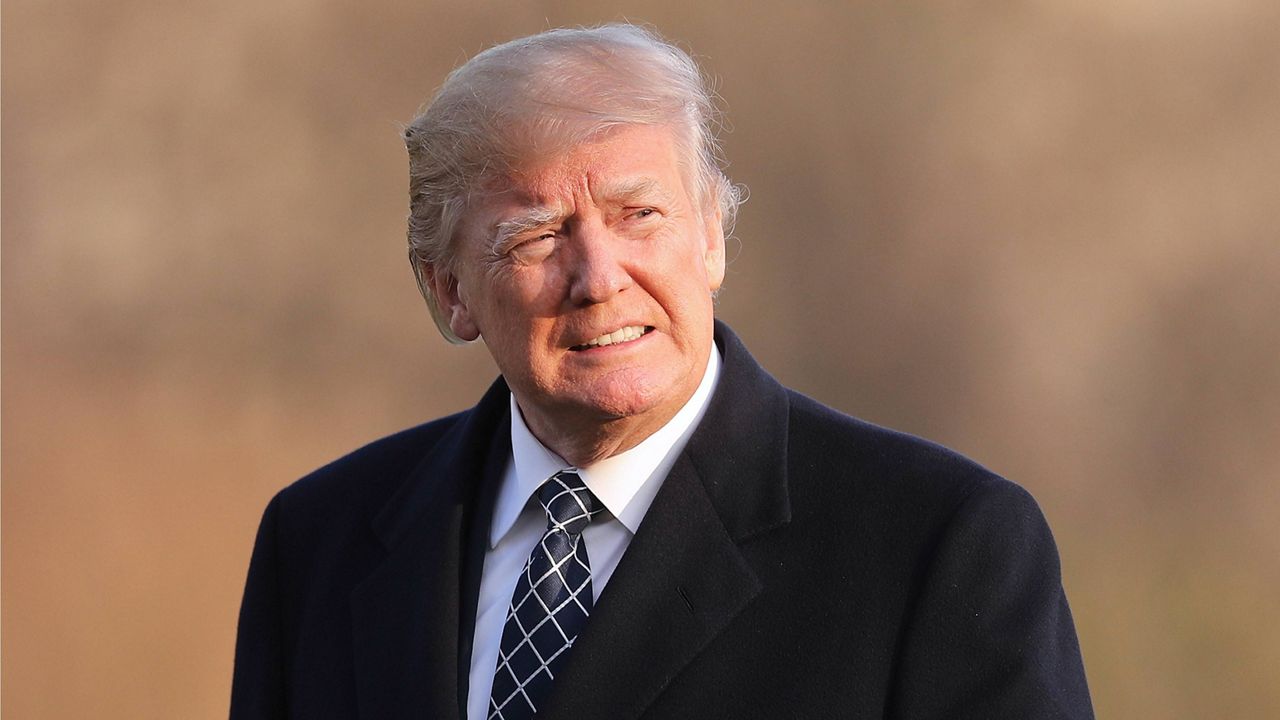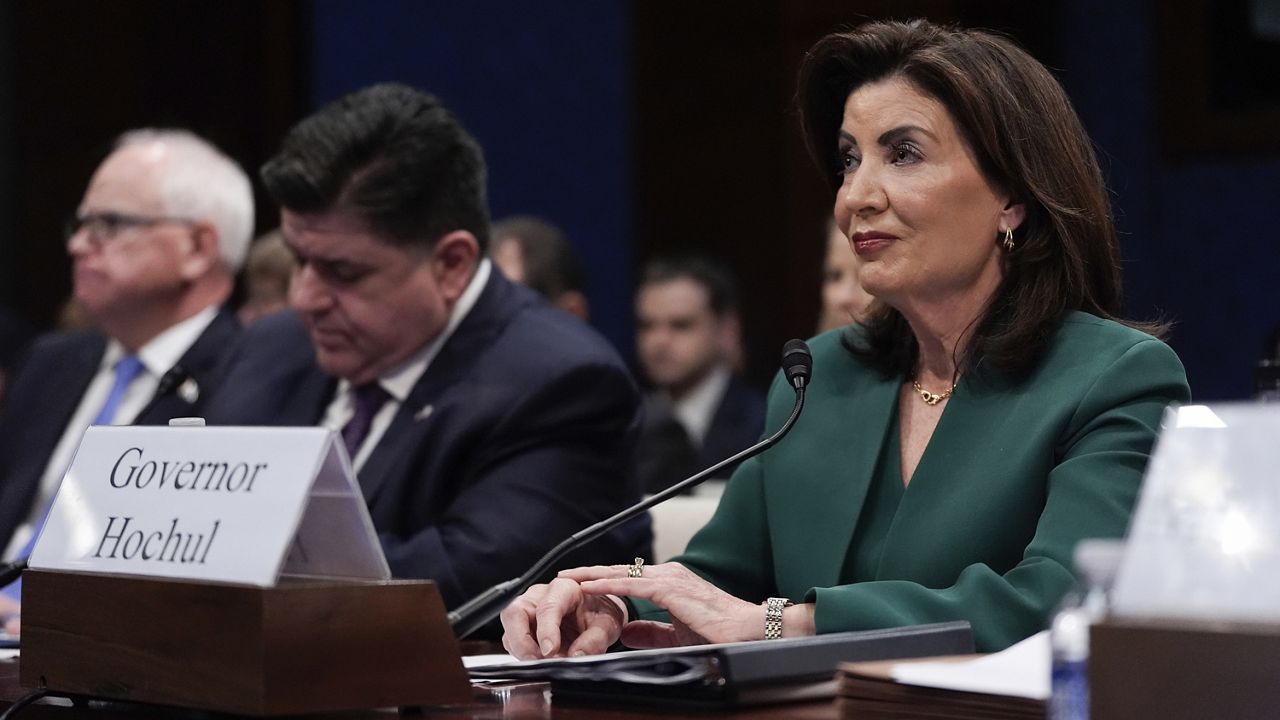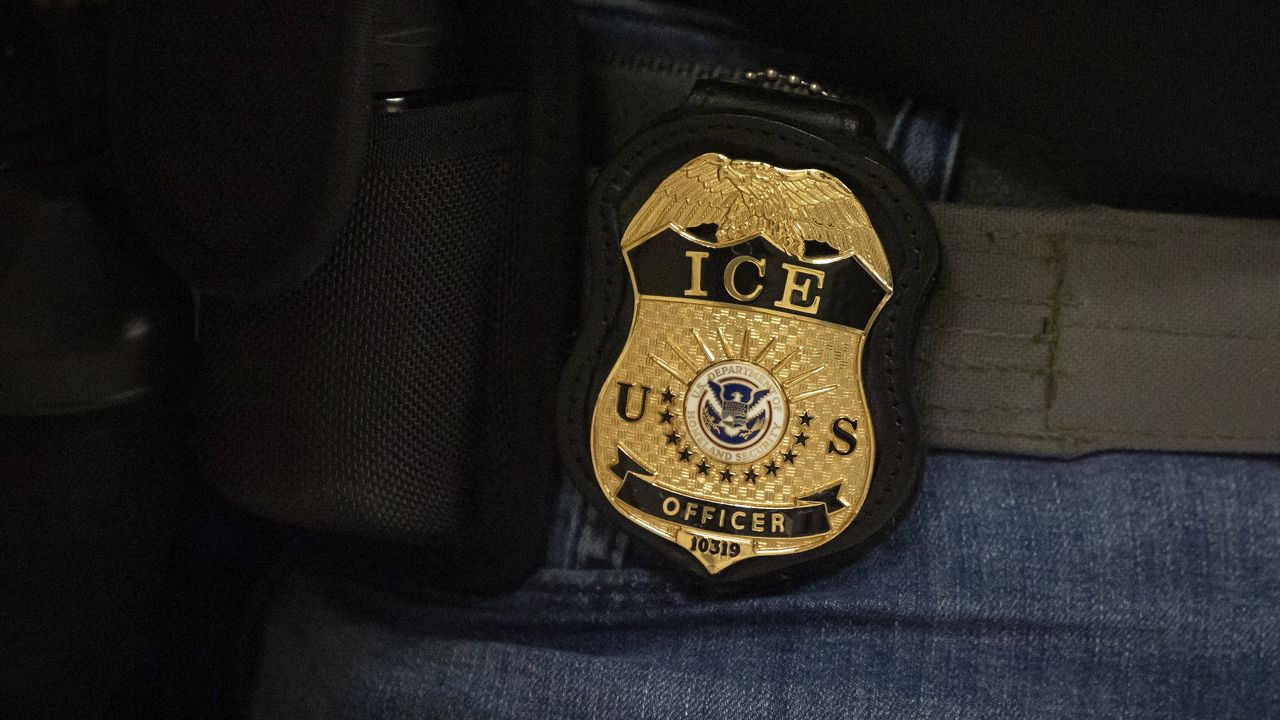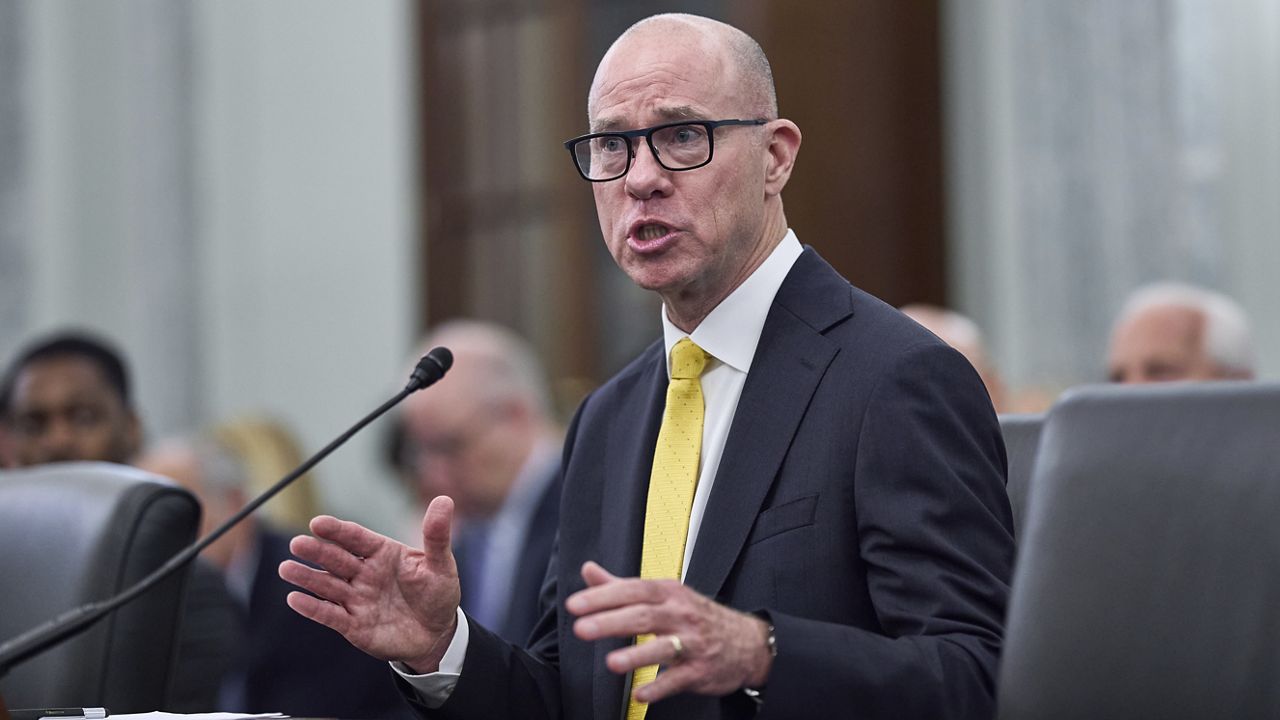New York state is unlikely to replenish an excluded worker fund with another multi-billion dollar pot of money, Gov. Kathy Hochul on Wednesday said at a news conference.
But she did not rule out working with state lawmakers heading into the next budget season to come up with more money, as well as find ways of boosting employment among needy people who did not qualify for federal pandemic relief.
"The money that we had — $2.1 billion — was an extraordinary amount of money," Hochul said at a news conference to discuss the state's COVID-19 response. "We don't have that level of money available to deploy something like this."
State lawmakers this year approved the fund as a means of helping workers who did not receive federal aid — a population that predominantly included undoucment immigrants living and working in New York. The money is set to be exhausted by the end of the month, and Hochul on Friday announced no new applications would be accepted.
Hochul had made it a stated priority early on in her tenure that she wanted to move money from the fund out the door as quickly as possible as it stalled during much of the summer.
Advocates and state lawmakers are pushing for the fund to be replenished with available money now, and potentially add $3 billion next year. They point to recent flash flooding this summer from the remnants of Hurricane Ida affecting low-income and immigrant communities.
Meanwhile, many immigrant families who qualified for aid may not have known about the program or were hesitant to file paperwork.
Hochul indicated she is willing to wait to see what the economic picture is come Jan. 15, when the state's moratorium on evictions is once again set to expire.
"The money is out, the money is making a difference," she said. "We're certainly looking to see what happens when the moratorium on evictions expires on Jan. 15."
But Hochul also suggested the state was willing to find ways of fixing joblessness as an alternative to direct payments.
"The money would have to come with the Legislature and that doesn't start until January anyhow," Hochul said. "So, we're trying to work it out through alternative means."




